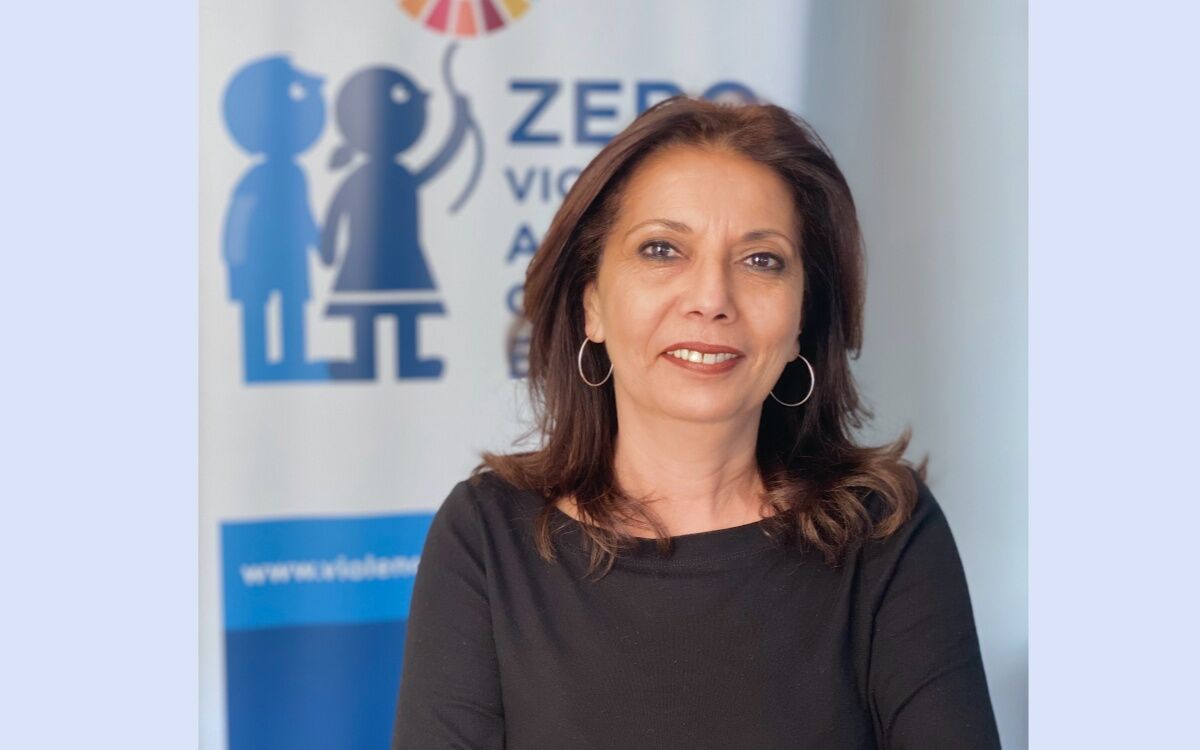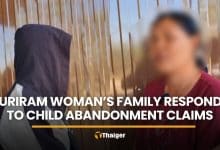UN urges Thailand to bolster multi-sector approach to child rights protection

Thailand has been urged to broaden its efforts in child rights protection, with the United Nations Special Representative of the Secretary-General on Violence Against Children, Najat Maalla M’jid, calling for a more comprehensive, multi-ministerial approach.
Maalla M’jid emphasised that safeguarding children should not be the sole responsibility of the Ministry of Social Development and Human Security but rather a shared responsibility across various government sectors, stated in the discussion with the Bangkok Post.
She stated, “All government agencies need to take part in the protection of children’s rights. Ministries like public health, education, finance and the interior should get involved because each has a piece of this job. It is not an exclusive job for one ministry, and it is not exclusively for one sector.”
Maalla M’jid also pointed out the current deficiency in Thailand’s social workforce, which plays a vital role in child protection. Their duties extend beyond shielding children from violence to identifying those potentially at risk, including children in poverty, migrant children, or children from impoverished families in rural areas.
She stressed the importance of well-trained social workers who can provide immediate and effective aid to children exposed to violence or experiencing well-being problems.
In the light of these challenges, Maalla M’jid underscored that child protection and the safeguarding of their rights should be viewed as an ‘investment’ by the government. “When you are strengthening your child’s rights protection system across all sectors, you are supporting children, families and communities. It also means investing in people and it means investing in competency,” she said.
This perspective, she argued, should also be adopted by the Finance Ministry. “The issue should be seen by the Finance Ministry as an important investment, not just additional expenditure.”
Lastly, Maalla M’jid emphasised the critical need to listen to children’s voices and provide means for them to report violence. This step, she believes, is an essential component in eliminating the climate of fear that prevents child victims from speaking out.
Latest Thailand News
Follow The Thaiger on Google News:


























